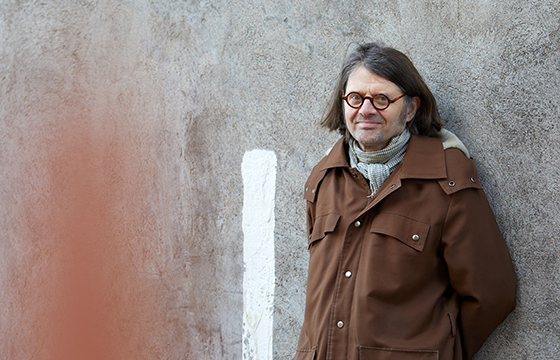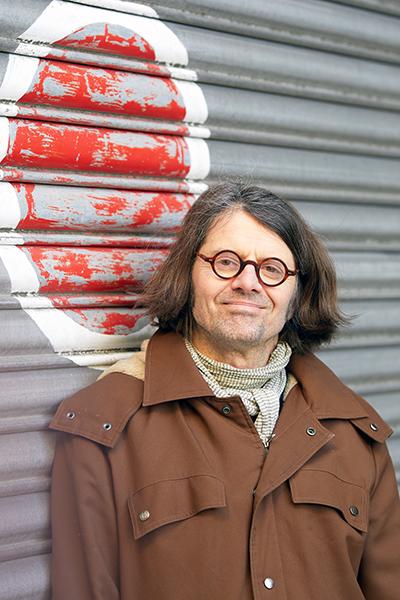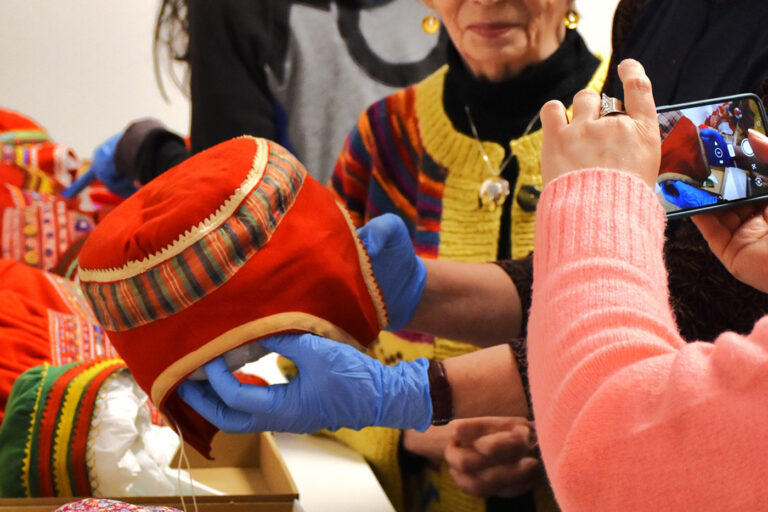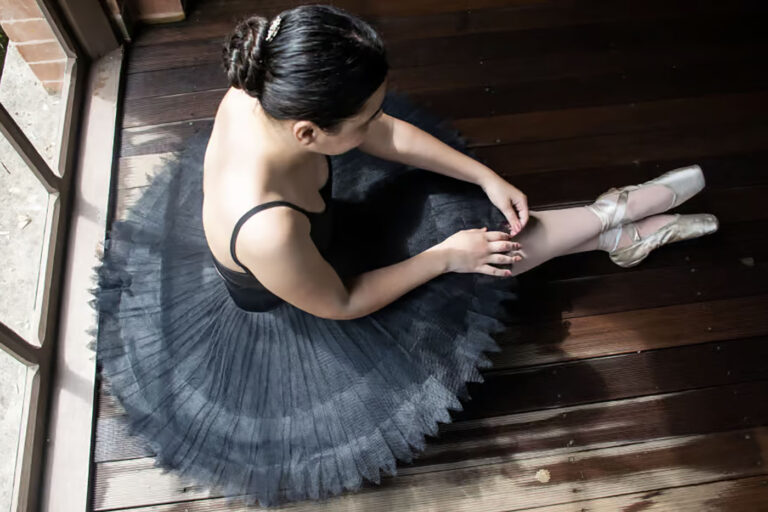The roots of Finnish Roma activism lie deep in the past
Finnish Roma activism was believed to begin in the 1950s but Dr Risto Blomster thinks that it started a lot earlier. His new research project aims to find out what happened in the beginning of the 20th century.


Archive researcher at the Finnish Literature Society, Risto Blomster, has studied Romani culture since the end of the 1980s. Yet it was only recently that he understood that Finnish Roma activism started earlier than it was believed, and that the Romanengo Staggos founded in 1953 was not the first society initiated by the Finnish Roma in order to improve their social status.
The Finnish Roma Civilisation Society was operating already during spring 1917, and it was founded by several Roma musicians, who parted with the Gypsy Mission operated by members of the general population. What happened just before Finland gained its independence is still a mystery.
–The phenomenon is not widely recognised, and therefore it has not been investigated. I’m now trying to find out who were involved in the Finnish Roma Civilisation Society, why these Roma decided to leave the evangelical, socially active Gypsy Mission, and what happened after that, Blomster says.
The relation to music, and especially the widespread gypsy romanticism that had been established in the 18th century, was central in early Roma activism. Blomster is curious to find out how the Roma felt about the gypsy representations that were created by the general population and did not reflect reality.
– The Roma activists were artists of their time. They strived to improve themselves creatively but they also had a societal mission. Were they keen to portray this gypsy image that was created, and did they adopt the romantic compositions that came along with it for commercial or for some other reasons, Blomster ponders.
Music was key in early Roma activism
The new research project is a continuation of previous projects which Blomster has taken part in. He was one of the authors of a non-fiction book about the history of the Finnish Roma published in 2012. The writers noticed back then that there was a lack of material about the Roma in the Finnish archives.
To improve the situation, a new Romani cultural heritage scheme was started in 2016, funded by the Finnish Cultural Foundation. The project brought over a dozen new archives to the Finnish Literature Society and the National Archives of Finland, and now Blomster is going to use this material to do his research.
He is planning to pay special attention to the lives of a few people who were involved in the Finnish Roma Civilisation Society. One of the key figures was a violinist born in Säkkijärvi, Aleksander Åkerlund, who moved to Helsinki and networked with the local art and theatre scene. Ida Blomerus, a student of the soprano Aino Ackté, and violinist Ferdinand Nikkinen were also actively involved.
On top of the existing source material, Blomster is planning to examine old newspapers and repertoires and speeches created for the Roma activists’ music tours. He is also hoping to get a glimpse of the past by collaborating closely with the Finnish Roma community.
– I’m not going to sit alone in my chamber. I want to discuss the subject with the Roma and get them interested in the past to share the information that has been passed from one generation to another. As a member of the Finnish Roma Association I’m constantly in contact with contemporary Roma activists too, he says.
Blomster hopes to gain wide coverage by publishing the results together with the international RomaInterbellum: Roma Civic Emancipation Between The Two World Wars project. He would also like to organise a lecture concert as part of the Etnosoi! world music festival in 2022.
– The supporting theme is music and we have to make these sounds heard. There are contemporary interpretations of the gypsy romanticism coming up, he says.
Risto Blomster was awarded 30 000 euros from the Finnish Cultural Foundation for a research project investigating Finnish Roma activism and its relation to music in the beginning of the 20th century.



